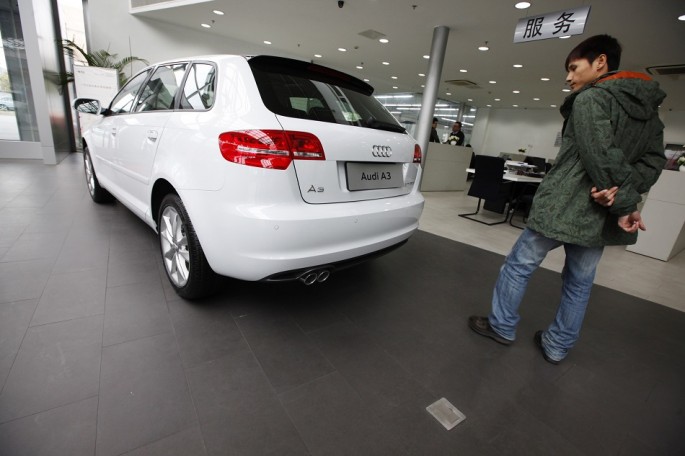Following U.S. regulators accusing German vehicle maker Volkswagen of illegally installing software that evades benchmarks to reduce smog, the company said on Sunday that it would stop selling in the U.S. 2015 and 2016 Volkswagen and Audi models.
Those vehicles sport the 4-cylinder turbo diesel engines that Volkswagen said were clean diesel. It would also stop selling vehicles with the same engine, said Volkswagen spokesman John Schilling, reports The New York Times.
In early September, Volkswagen said 23 percent of new vehicles sold in August were diesels, equivalent to 7,400 cars. The Environmental Protection Agency (EPA) ordered Volkswagen to recall almost half a million such vehicles for which Martin Winterkorn, chief executive of the car giant, apologized.
In a statement, Winterkorn said, "I personally am deeply sorry that we have broken the trust of our customers and the public." Despite the apology, the EPA said that Volkswagen could possibly be fined billions of dollars for the deliberate attempt to evade emission regulations.
Winterkorn promised to cooperate with the agencies investigating the violation and ordered an external probe as well, reports Forbes. He added, "We do not and will not tolerate violations of any kind of our internal rules or of the law."
The software detects when periodic state government emission testing was ongoing, which turns on the vehicle's full emissions control system. Otherwise, the controls were turned off which results in Volkswagen vehicles emitting up to 40 times the pollution allowed under the Clean Air Act.
Ferdinand Dudenhoffer, professor at the University of Duisberg-Essen, says the incident is a huge scandal for Volkswagen. He says the timing is extremely unfortunate because it could destroy all German vehicle manufacturers which is gaining acceptance in the U.S. for diesel engines.



























